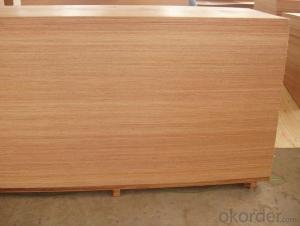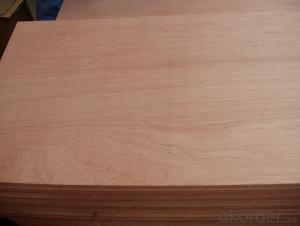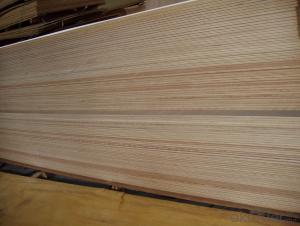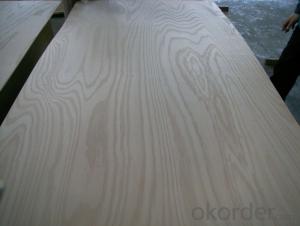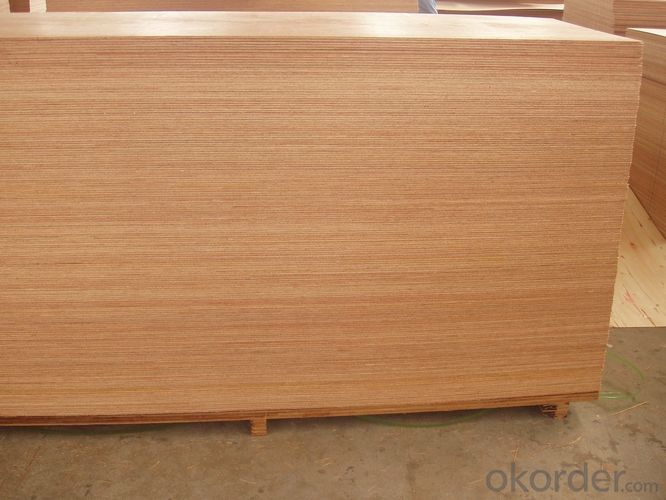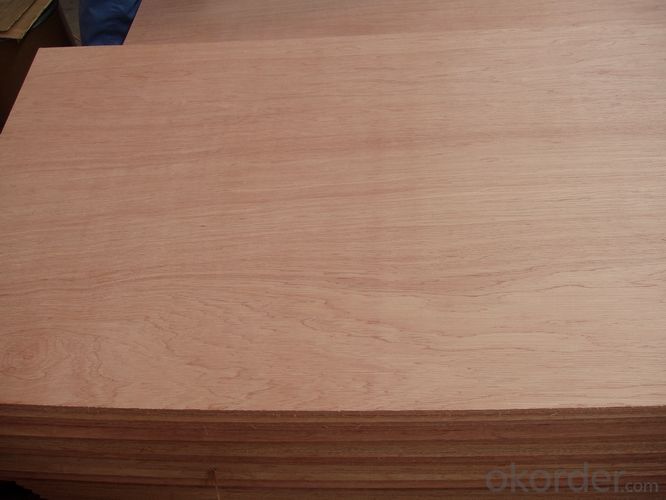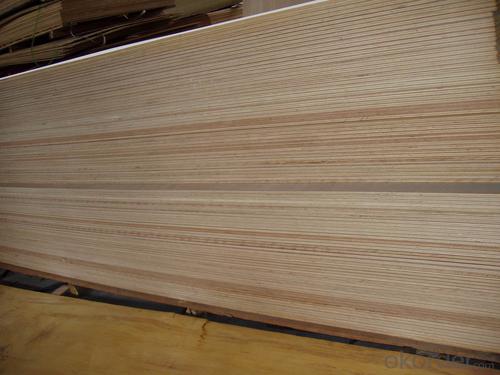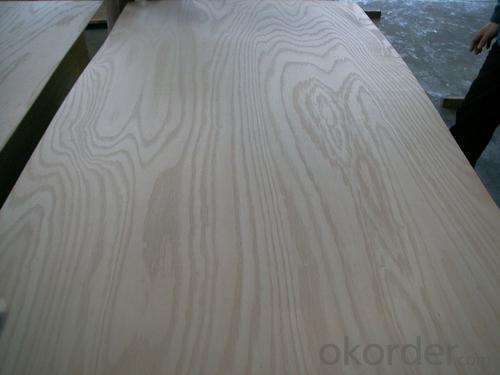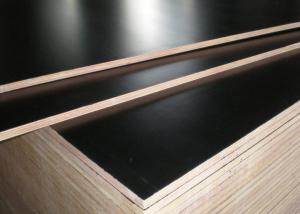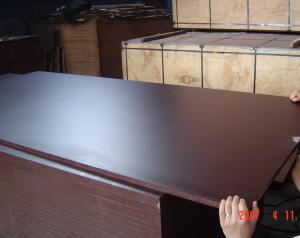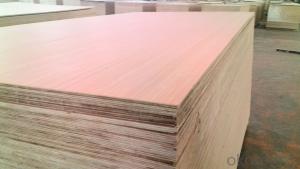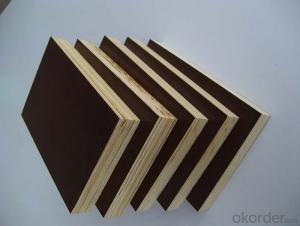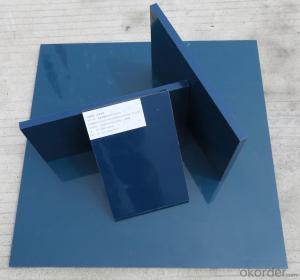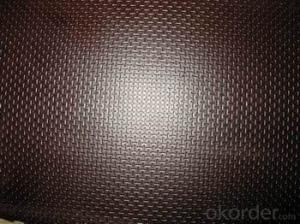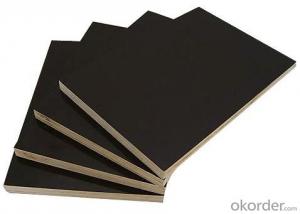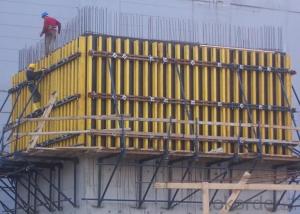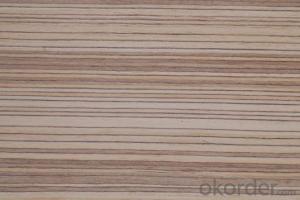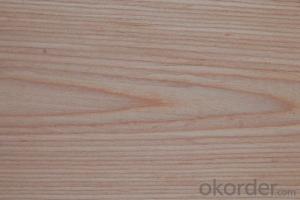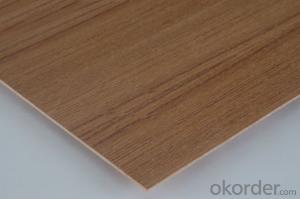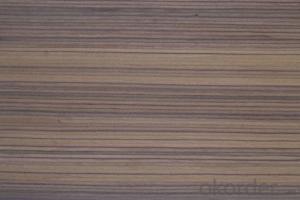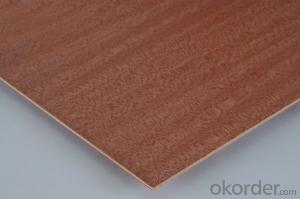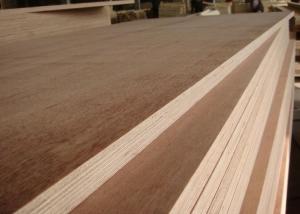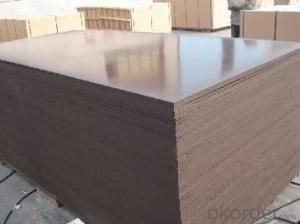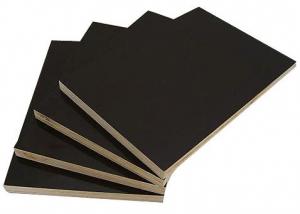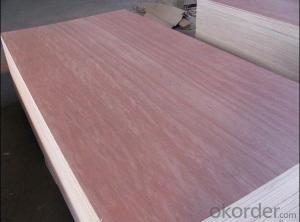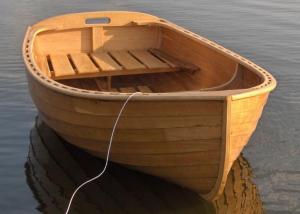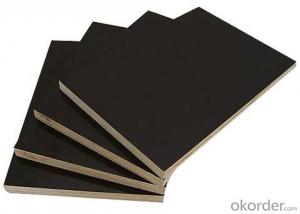3/4 Inch Door Skin Poplar Core Plywood in Different Sizes
- Loading Port:
- Qingdao
- Payment Terms:
- TT OR LC
- Min Order Qty:
- 5000 pc
- Supply Capability:
- 5000000 pc/month
OKorder Service Pledge
OKorder Financial Service
You Might Also Like
Description of Door Skin:
Product Name: Slice Cherry plywood
Face/Back: Cherry
Core: Poplar,Hardwood,Pine,Birch,Eucalyptus,Combi etc
Size:1220×2440mm,1250×2500mm,1220×2150mm,1830×3660mm etc
Thickness: 2.7-30MM
Thickness Tolerance: +-0.1mm~0.3mm <=6mm< +-0.3mm~0.5mm >6mm
Glue:WBP/MR/MELAMINE/E0/E1/E2
Grade:BB/BB BB/CC CC/CC etc
Moisture: 8-14%
Process of Engineered Veneer Wood:
Log Selection
EV is generally produced from Chinese Poplar logs, grown locally either by local co-operatives,
or in registered plantation areas. The light natural colour and soft grain definition of Poplar makes it wellsuited to the production of EV. The process of converting timber into EV starts with the selection of logs, following which they are bought to the mill for processing. The timber is trimmed, sawn to length and debarked. The logs are now ready to be peeled.
Peeling of the Logs
The logs are mounted onto a giant lathe. Within minutes the logs are peeled into rotary veneers. This is achieved by pressing a rotating log towards a large blade, thinly peeling a continuous sheet of veneer off the log. The veneer is dried, stacked and then graded. It is now ready to be dyed.
Drying
EV veneers can be dryed to a consistent colour to suit the market requirement. The raw veneer leaves are stacked into a stainless steel cage. Once completely loaded, the stainless steel cage is immersed into a pressurized, heated vat that is filled with water soluble dry. This system ensures that each leaf is given the correct amount of time to allow the dry to completely penetrate each individual leaf of veneer. Once the desired colour has been achieved, the leaves are unloaded from the vat, dried and given a final inspection before going to the gluing stage.
Gluing
The gluing process is critical for the performance of the finished product. A layer of glue goes between each leaf of veneer, to bond the leave of veneer together. Once the stack has been laid up it is then put into a high pressure press to bond the leaves together, creating a large rectangular block.
Slicing of the Block
The block in now ready to be sliced into veneer leaves. Once the block has been produced, it is turned through 90 degrees, to present the end grain, then mounted to the slicing unit. The blade now runs across the end grain of the block, slicing thickness controlled leaves of veneer. The veneer leaves that are produced are approximately 0.4mm thick, and in 2440 x 1220 format. The veneer is now ready to be used as face veneer for Eucalyptus and Poplar core plywood products.
Packing Details of Door Skin:
MOQ: 40HQ
Packing Details: 20GP 8pallets/21M3
40GP 16pallets/42M3
40HC 18pallets/53M3
Payment Terms: 30%T/T in advance,70%L/C
Delivery Time: 15 to 20 days after receiving 30%T/T down payments
Technical Data of Door Skin:
Grade Description | AA | A | B | C | D | E | ||
Sapwood | No | No | Slight color difference | Slight color difference | Yes | Yes | ||
Heartwood | No | No | No | Slight color difference | Yes | Yes | ||
Color Streaks or Spots | Slight | Slight | Slight color difference | Slight color difference | Yes | Yes | ||
Color Variation | No | No | Slight | Slight | Yes | Yes | ||
Sharp Color Contrasts at Joints | No | No | No | Slight | Yes | Yes | ||
Type of Matching Book Matched Slip Matched Pleasing Matched |
Yes Specify -- |
Yes) Specify -- |
Specify Specify Yes |
-- -- -- |
-- -- -- |
-- -- -- | ||
Nominal Minimum Plain-S Width of Face Quarter 1/4 Componentsa Rotary | 152 mm 76 mm 152 mm | 127 mm 76 mm 127 mm | 76 mm 76 mm 102 mm | No Limit | ||||
Small Conspicuous Burls & Pin Knots-Combined Avg. Numbe | 2 per 1m2
| 4 per 1m2
| 6 per 1m2
| No Limit | ||||
Conspicuous Burls-Max. Size | 6.4 mm | 9.5 mm | 12.7 mm | No Limit | ||||
Conspicuous Pin Knots Avg. Number Max. Size: Dark Part Total |
No |
No |
3 per 3 m2 3.2 mm 6.4 mm | No Limit | ||||
Scattered Sound and Repaired Knots-Combined Avg. Number Max. Size-Sound Max. Size-Repaired Avg. No.-Repaired | No | No |
4 per 3 m2 9.5 mm 3.2mm 4 per 3 m2
|
3 per 1 m2 1 2.7 mm 12.7 mm 4 per 3 m2 |
4 per 1 m2 25.4 mm 19 mm 2 per 1 m2 |
No Limit 38 mm 25.4 mm 1 m2 | ||
Mineral Streaks | No; Maple, Slight | Slight
| Slight
| Slight | Yes | Yes | ||
Bark Pockets | No | No | Few to 3.2mmx25.4mm | Few to 6.4mmx50.8mm |
6.4mmx50.8mm |
Yes | ||
Worm Tracks | No | No | Slight | Slight | Yes | Yes | ||
Vine Marks | Slight | Slight | Slight | Yes | Yes | Yes | ||
Cross Bars | Slight
| Slight | Yes | Yes | Yes | Yes | ||
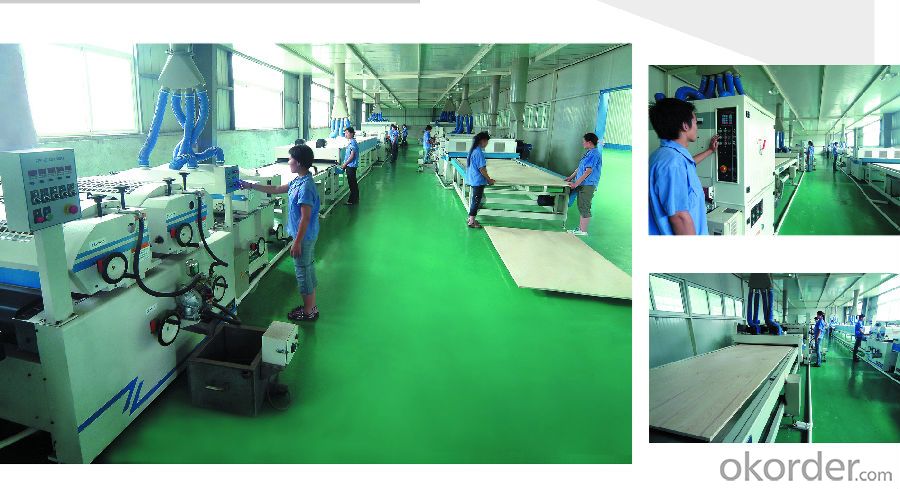
- Q: Now what is the market for plywood development?
- the cumulative sales revenue was RMB 72,163,513,000, an increase of 39.25% over the same period in 2005; total accumulated profit 3,198,494,000 Yuan, compared with the same period in 2005 increased by 60.41%.
- Q: Why plywood is cheaper than solid wood
- Without changing the physical properties of wood under the premise of drying, liposuction, paint and other processes can be called solid wood. Plywood (English: Plywood,
- Q: Multilayer board and plywood difference
- The multilayer board is usually arranged symmetrically on both sides of the center or core.
- Q: Multilayer plywood with what method is fixed
- Plywood is one of the common materials for furniture, one of the three panels of man-made board, but also for aircraft, ships, trains, cars, construction and packaging materials
- Q: What are the processing defects of plywood?
- Patched Plywood Repaired plywood Defects Plywood that has been repaired with a filler or veneer patch.
- Q: What is the difference between plywood glue E0E1?
- Phenolic glue: moisture, excellent resistance to boiling, weather resistance / can be used for outdoor or indoor, can withstand outdoor wind and rain.
- Q: Material for the plywood defects which
- false heartwood heartwood sound wood center part of the color is different from the normal wood, often dark brown or reddish-brown, usually its density and hardness are relatively large.
- Q: Plywood in the processing of defects
- Separation delamination The separation of two adjacent veneers due to lack of glue or poor glue.
- Q: What are the plywood specifications?
- structure. The texture of the adjacent veneer should be at right angles; the center layer is symmetrical with respect to the center layer, and the thickness of the layers is the same;
Send your message to us
3/4 Inch Door Skin Poplar Core Plywood in Different Sizes
- Loading Port:
- Qingdao
- Payment Terms:
- TT OR LC
- Min Order Qty:
- 5000 pc
- Supply Capability:
- 5000000 pc/month
OKorder Service Pledge
OKorder Financial Service
Similar products
Hot products
Hot Searches
Related keywords
